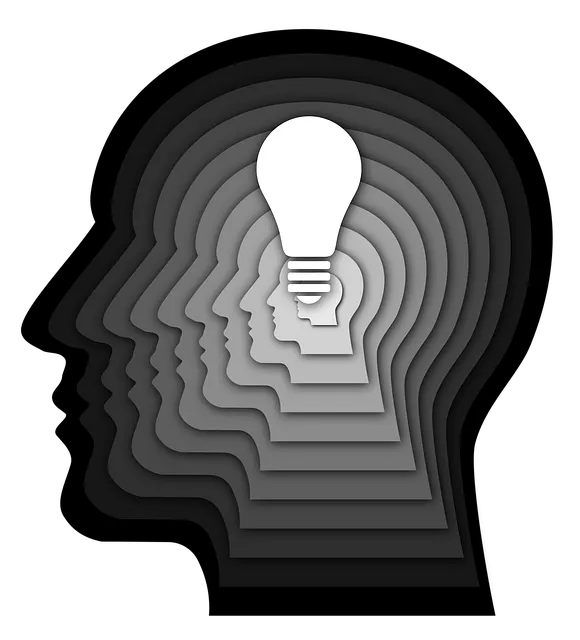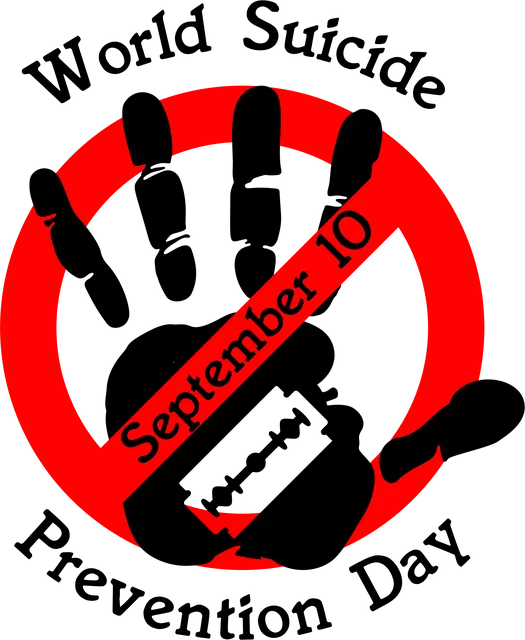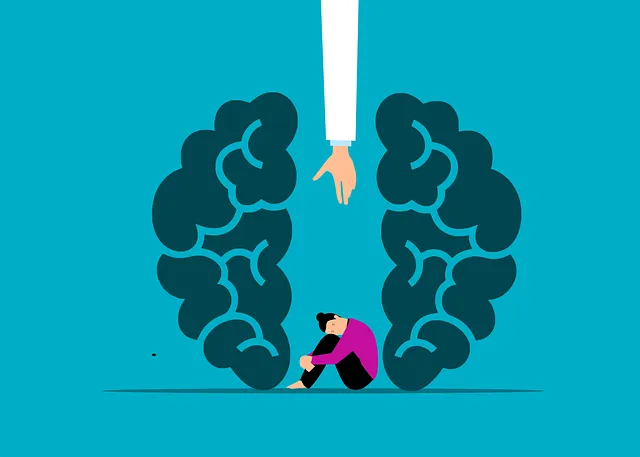Mental health crisis hotlines offered by Boulder Kaiser provide 24/7 support, confidentiality, and expert guidance for emotional distress. These lifelines assist with panic attacks, depression, anxiety, trauma, and suicidal thoughts, offering safe spaces to express feelings and gain clarity. In conjunction with Boulder Kaiser's cultural sensitivity-focused mental health classes, these hotlines empower individuals with coping strategies, enhance self-esteem, and promote mental health awareness, fostering well-being and resilience. The hotline services and classes work together to navigate emotional landscapes effectively, transform lives, reduce stigma, and create supportive communities for recovery.
“In today’s fast-paced world, mental health crisis hotline support services are a vital resource for individuals in distress. Understanding these hotlines and their role in crisis intervention is crucial. This article explores various aspects of mental health crisis support, focusing on Boulder Kaiser’s contribution with its emergency psychological assistance. We’ll delve into common challenges faced by these services and post-crisis care strategies to enhance coping mechanisms. Additionally, we’ll discuss how Boulder Kaiser’s mental health classes contribute to prevention, ensuring a holistic approach to managing mental health crises.”
- Understanding Mental Health Crisis Hotlines: A Vital Resource
- The Role of Boulder Kaiser in Mental Health Support
- Accessing Emergency Psychological Assistance
- Common Challenges and Solutions in Crisis Hotline Services
- Enhancing Coping Mechanisms: Post-Crisis Care and Prevention Strategies
Understanding Mental Health Crisis Hotlines: A Vital Resource

Mental health crisis hotlines are a vital resource for individuals facing acute emotional distress or mental health challenges. These 24/7 services provide immediate support, confidential conversations, and expert guidance to those in need. They serve as a lifeline for folks experiencing panic attacks, depression, anxiety, trauma, or suicidal thoughts, offering a safe space to express their feelings and gain clarity during turbulent times.
In the context of Boulder Kaiser mental health classes, these hotlines play a crucial role in complementing formal education and self-awareness exercises. They empower individuals with coping strategies for managing mental health crises, enhancing self-esteem improvement, and fostering mental health awareness. By leveraging these resources, people can navigate their emotional landscapes more effectively, ensuring their well-being and resilience in challenging situations.
The Role of Boulder Kaiser in Mental Health Support

Boulder Kaiser stands as a beacon of hope and support for individuals navigating mental health crises. Beyond its renowned medical services, Boulder Kaiser plays a pivotal role in fostering community resilience through comprehensive mental health education programs. These programs, designed with cultural sensitivity in mind, offer a safe space for individuals to explore their emotional well-being. The Mental Health classes at Boulder Kaiser are not just informative; they’re transformative. Participants gain invaluable insights into self-awareness exercises that empower them to recognize and manage stress, anxiety, and other mental health challenges.
Through these initiatives, Boulder Kaiser goes beyond reactive crisis intervention, promoting proactive mental wellness. By integrating Cultural Sensitivity in Mental Healthcare Practice, the organization ensures its support services resonate with diverse communities, fostering a deeper sense of belonging and understanding. This holistic approach not only enhances individual recovery but contributes to building a more supportive and resilient community overall.
Accessing Emergency Psychological Assistance

In moments of emotional distress, accessing immediate psychological support is paramount. Many communities, including Boulder, are fortunate to have dedicated mental health crisis hotline services. These hotlines serve as a vital safety net for individuals grappling with mental illness, offering confidential conversations with trained professionals who can provide guidance and resources. The Boulder Kaiser network, known for its comprehensive mental health services, includes emergency psychological assistance programs that cater to diverse needs. Whether it’s a case of severe anxiety, depression, or traumatic events, these hotlines ensure around-the-clock availability, allowing individuals to connect with support without the need for an appointment.
The process is designed to be accessible and non-judgmental. Trained counselors offer active listening, empathy, and evidence-based strategies tailored to each caller’s situation. Furthermore, these services often incorporate initiatives like Social Skills Training and Mental Wellness Journaling Exercise Guidance to empower individuals with coping mechanisms. By addressing the root causes of distress and reducing the stigma associated with mental illness, these hotlines play a crucial role in fostering a healthier Boulder community.
Common Challenges and Solutions in Crisis Hotline Services

Crisis hotline services play a vital role in providing immediate support to individuals facing mental health crises. However, they often face several common challenges. One significant hurdle is the high volume of calls, which can lead to long wait times and limited personalized attention for each caller. To address this, hotlines are increasingly implementing advanced call routing systems that direct callers to the most suitable support staff, ensuring faster response times.
Another challenge lies in maintaining a diverse and well-trained workforce capable of handling a wide range of issues. This is where programs like Boulder Kaiser mental health classes step in, offering specialized training in stress management, emotional intelligence, and compassion cultivation practices. Such initiatives equip hotline volunteers with the skills needed to provide effective, empathetic support, enhancing overall service quality.
Enhancing Coping Mechanisms: Post-Crisis Care and Prevention Strategies

Post-crisis care is an essential component of addressing mental health issues, aiming to prevent future crises and enhance individuals’ coping mechanisms. Hotline support services often provide a critical link between acute distress and long-term recovery. Following a crisis, individuals can benefit from various strategies to promote resilience and well-being. Mental health classes, such as those offered by Boulder Kaiser, play a vital role in equipping people with effective stress management techniques and self-care practices. These educational resources empower individuals to recognize early warning signs of distress and implement healthy coping mechanisms.
Promoting mental health awareness is crucial in breaking down stigma and encouraging help-seeking behaviors. By fostering open conversations about emotional well-being, communities can create a supportive environment where people feel comfortable reaching out for assistance. Through post-crisis care and prevention strategies, hotline support services contribute to building a more resilient and aware society, ensuring that individuals have the tools needed to navigate life’s challenges effectively.
Mental health crisis hotline support services play a crucial role in empowering individuals during difficult times. As highlighted in this article, resources like Boulder Kaiser’s emergency psychological assistance and mental health classes offer vital coping mechanisms and post-crisis care. By addressing common challenges and implementing effective solutions, these services ensure folks have access to the help they need, fostering a more supportive and resilient community.






